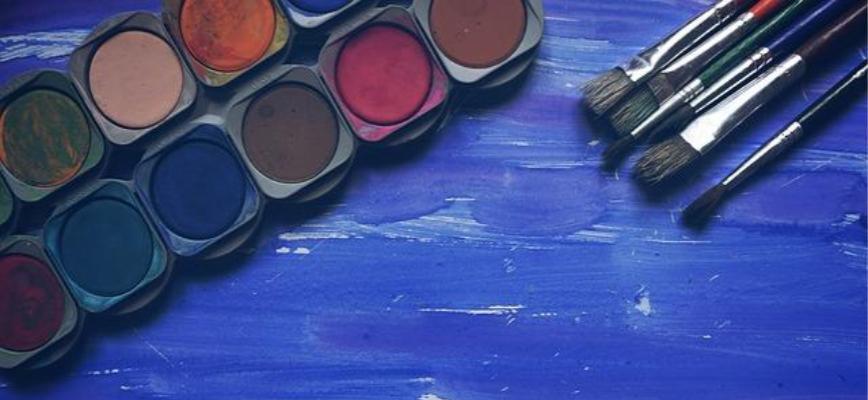Due to this, it is essential that you have a rough guide to help you commission art properly. Here are the basics:
Before You Begin
You should make your requirement is absolutely clear by creating a brief for the artist. It is up to you when you create this, however we recommend you start your brief before setting about finding an artist, as this will help you narrow down potential candidates. You should also consider the following points, to help you find the perfect artist:
- Subject matter – What is the topic of the art?
- Medium – What material or materials will be used to create the work of art?
- Budget – Commissioning artwork can cost as little as £100 or as much as the client is willing to pay. Work out how much you have to spend before finding an artist.
- Timescale – When do you want your work of art? It’s important to consider that some artists take commissions a few years in advance. This will obviously disqualify some artists immediately if you need your artwork in a few months.
Finding an Artist
It is possible to find good artists on the internet, and there are several websites which aggregate artists by their subject matter specialities. Simply Google “commission art online” to find such websites.
Undoubtedly, though, the best artists can often be found through art associations such as The Fine Art Trade Guild and regional societies, such as the Royal Cambrian Academy and the Leeds Decorative and Fine Arts Society.
Setting The Price
Meeting The Artist
It is not essential that you meet the artist you choose to work with. This is a particularly important point with regards to overseas artists you are interested in. It is perfectly possible to commission art over the internet or over the phone with nothing but a very good brief.
Having said that, if you have chosen a local artist or somebody who is within a reasonable distance of you, then by all means meet the artist in person. This will give you the opportunity to make your requirements absolutely clear. Something to keep in mind though is that some artists have an agent or are attached to an art consultancy – if this is the case, then your communication will be with the agent, not the artist, unless the artist is happy to speak to you in person.
